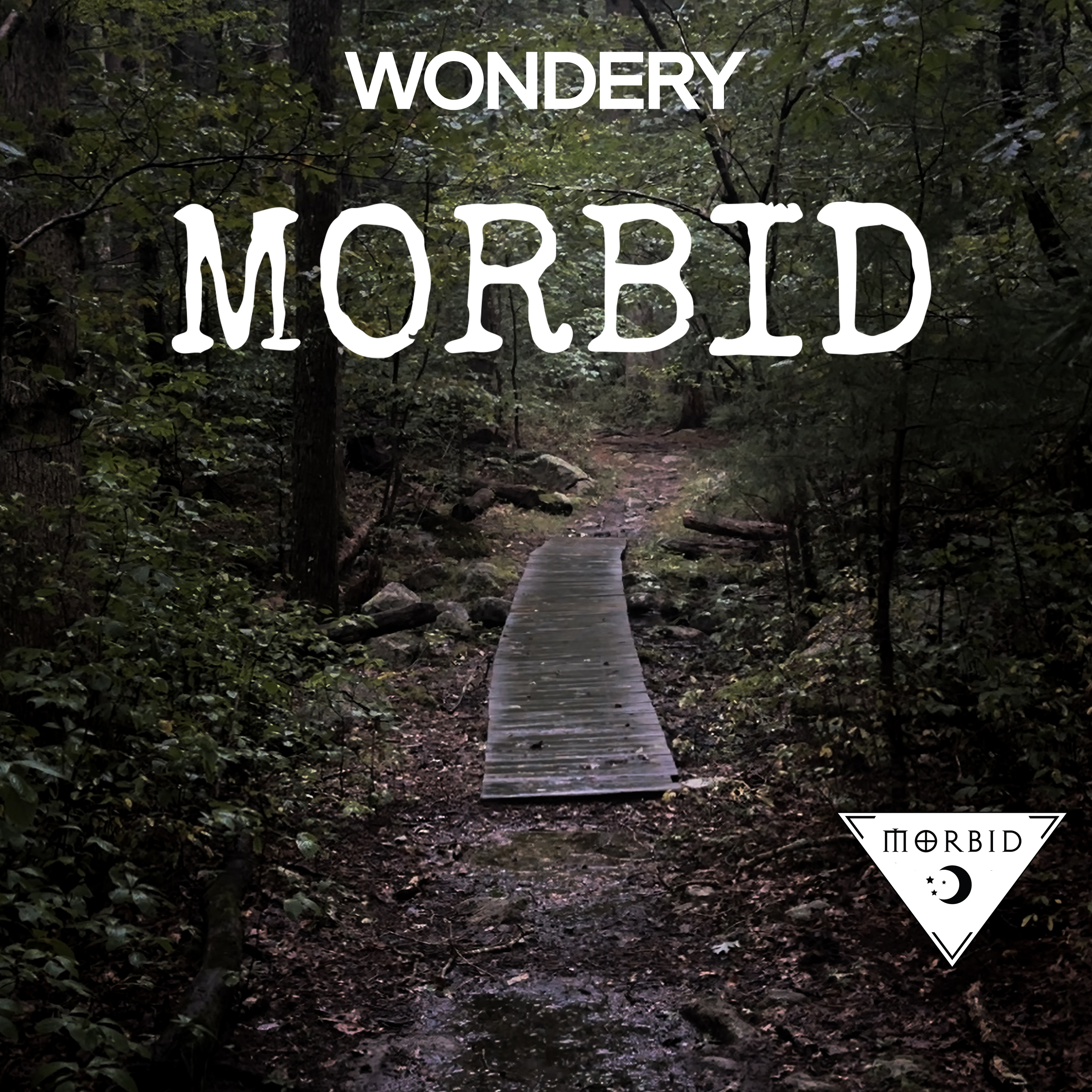
Episode 529: Ann & Billy Woodward

Morbid
Shownotes Transcript
In the early morning hours of October 31, 1955, millionaire socialite Ann Woodward heard a strange noise in the hallway just beyond her bedroom door in the sprawling estate she shared with her husband, Billy, and their two children. There had been a series of robberies in the wealthy neighborhood that month, so Ann had kept a shotgun next to her bed for safety. Rising from her bed, Ann grabbed the gun and crept towards the door, slowly opening it so as not to attract any attention. Visibility was low in the darkened hallway, but she could see the vague shape of a man moving towards her and without hesitation, Ann raised the shotgun and fired in the direction, striking the figure and cutting him down. With the threat neautralized, Ann moved towards the figure on the floor only to realize she’d shot and killed her husband, Billy Woodward.
At least that’s the official version of the story. The investigation moved incredibly quickly, in the way it always seems to for the wealthiest among us, and Ann Woodward was cleared of any wrongdoing in the death of her husband—it was simply an accident. Yet there were many among Ann and Billy’s family and friends who believed Ann had intentionally shot her husband that night in order to prevent him from going forward with a messy divorce that would have brought an end to the glamorous high society lifestyle she spent her entire life working to secure.
Ann Woodward was never able to escape the rumors and gossip from those she’d once counted as friends, all of which was made exponentially worse by novelist Truman Capote, whose slanderous fiction many believe drove Ann to suicide. Ann’s untimely death meant that many questions would forever go unanswered: did she really kill her husband in order to remain among America’s elite moneymakers?
Thank you to the amazing Dave White of Bring Me the Ax Podcast for research!
References
Associated Press. 1955. "Mrs. Woodward stays in hospital; to miss husband's funeral." Buffalo Evening News, November 1: 10.
—. 1955. "Mrs. Woodward's father dumbfounded." Buffalo Evening News, November 1: 10.
—. 1956. "Woodward case burgler sentenced ." Los Angeles Times, February 5: 6.
Bigart, Homer. 1955. "Woodward left trusts to 2 sons." New York Times, November 10: 36.
Bracker, Milton. 1955. "Wife kills Woodward, owner of Nashua." New York Times, October 31: 1.
—. 1955. "Woodward jury finds no crime after widow testifies in shooting." New York Times, November 26: 1.
—. 1955. "Woodward proweler now admits being on estate at time of killing." New York Times, November 8: 1.
Braudy, Susan. 1992. This Crazy Thing Called Love. New York, NY: A.A. Knopf.
Kashner, Sam. 2012. "Capote's Swan Dive." Vanity Fair, November 15.
Knickerbocker, Cholly. 1955. "Violent scenes marked Woodward marriage." San Francisco Examiner, November 11: 9.
Montillo, Roseanne. 2022. Deliberate Cruelty: Truman Capote, the Millionaire's Wife, and the Murder of the Century. New York, NY: Atria Books.
New York Times. 1955. "Prowler dsicusses Woodward case aid." New York Times, November 9: 36.
Randolph, Nancy. 1955. "N.Y. society shocked by shooting." Los Angeles Times, March 30: 7.
See Privacy Policy at https://art19.com/privacy) and California Privacy Notice at https://art19.com/privacy#do-not-sell-my-info).